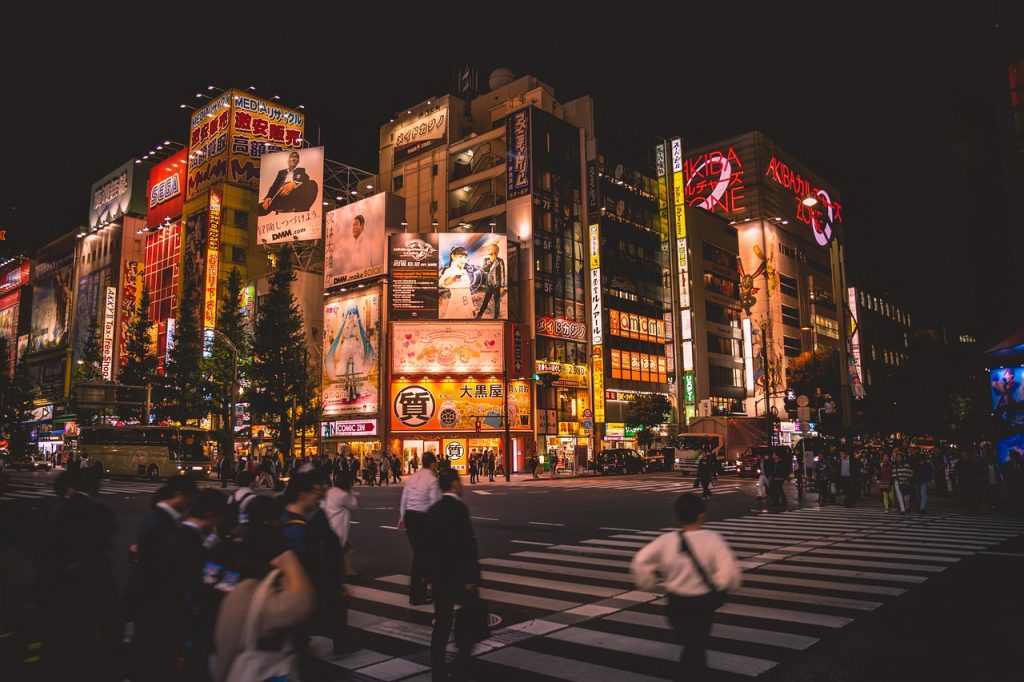Light Pollution Threatens Health, Wildlife, and Energy Use
Others are reading now
The world is getting brighter at night. Streetlights, billboards, and buildings glow well after sunset. At first, it seems harmless.
But too much artificial light can have serious consequences. It affects human health, disrupts wildlife, and even wastes energy.
Despite these risks, many people do not realize the impact of light pollution.
What Is Light Pollution and Why Should We Care?
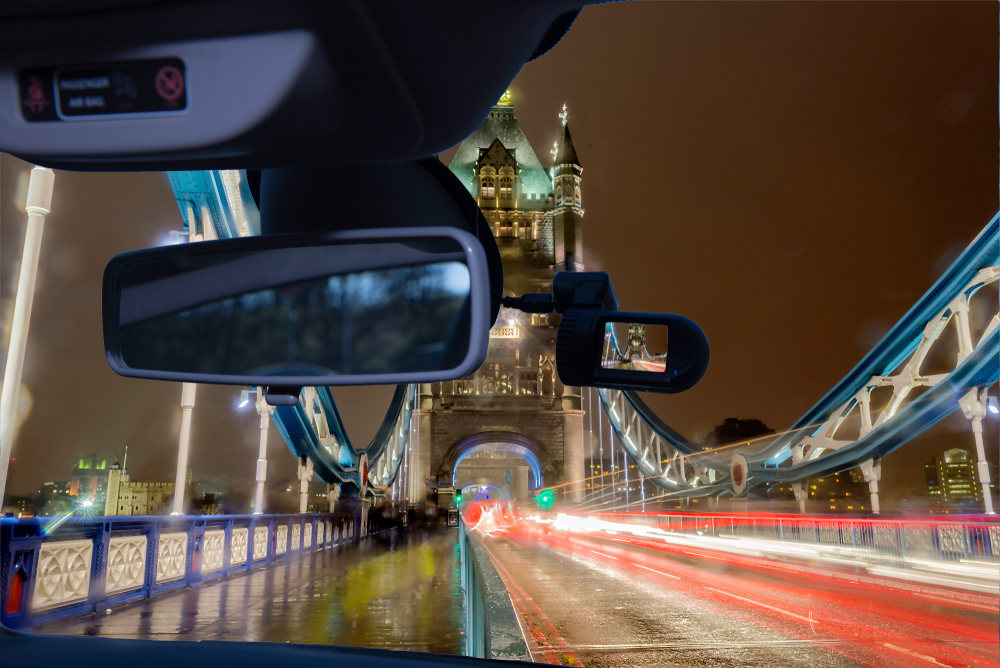
Light pollution happens when artificial light shines where it is not needed, writes WP.
This excessive nighttime lighting can disturb natural biological cycles. For humans, it can lead to hormonal imbalances and other health problems.
Also read
Dr. Grzegorz Iwanicki from Maria Curie-Skłodowska University in Lublin explains that lifestyle diseases can result from exposure to light at night.
Everything and Everyone Are Affected
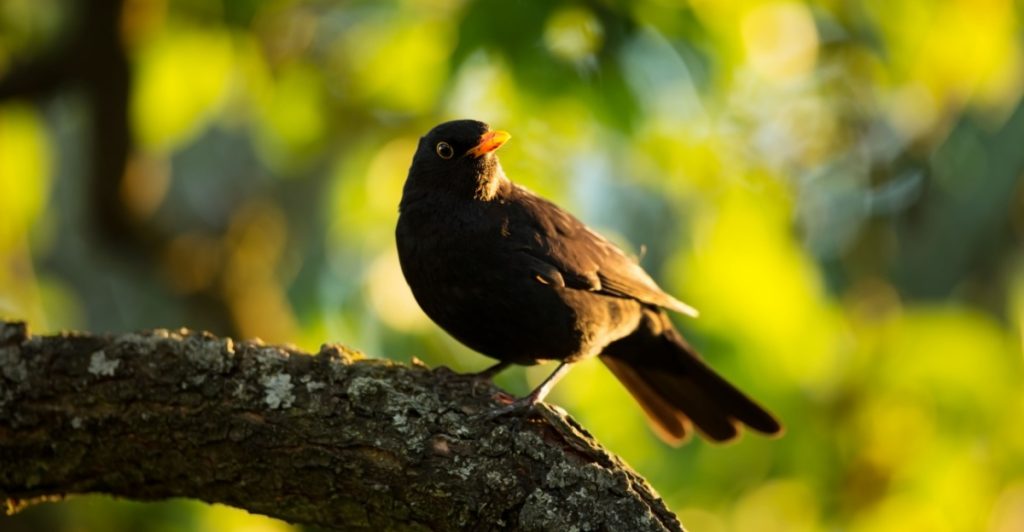
Animals and plants are affected too. Sea turtles and migratory birds are especially vulnerable.
Artificial light can confuse their navigation and disrupt their natural behaviors. Even ecosystems are thrown off balance when night turns into day too early.
Astronomy also suffers. Observatories often have to move to remote locations to escape city lights.
Even though modern LED lamps are energy-efficient, poor placement or overuse increases light pollution. This not only harms the environment but also leads to wasted energy.
Also read
Laws and Rules Around Light Pollution
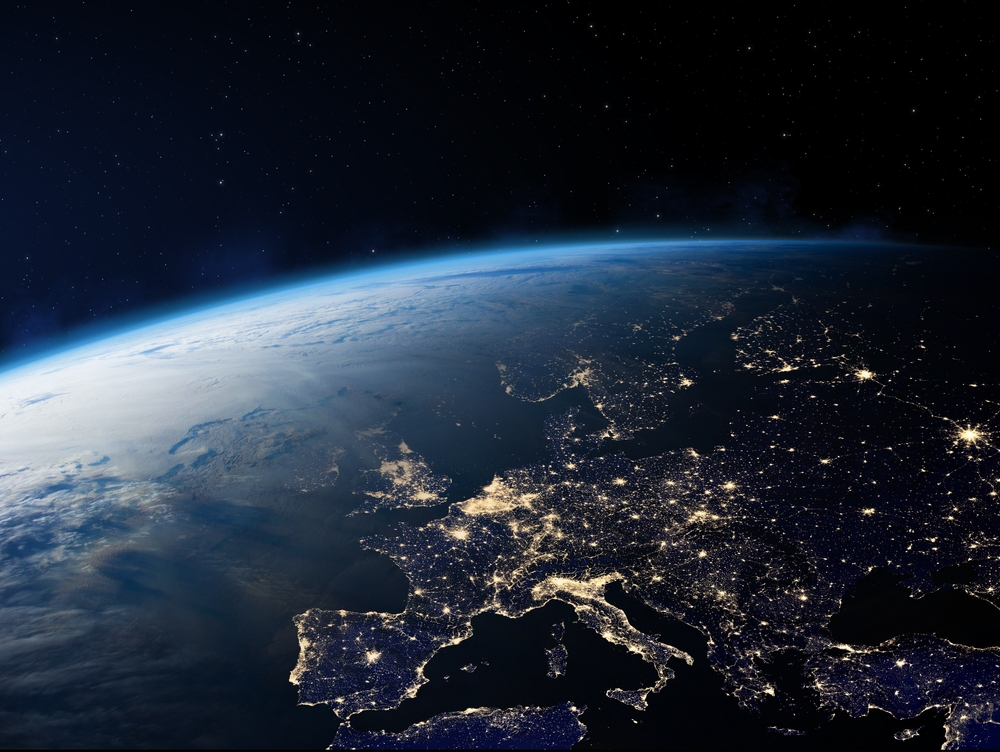
Poland has few rules on light pollution. Other countries, like France and Slovenia, limit night-time lighting by law.
In Poland, only some landscape resolutions offer indirect control, such as regulating billboard illumination.
Experts say stronger regulations are needed to protect health and nature.
Anyone Can Make A Difference
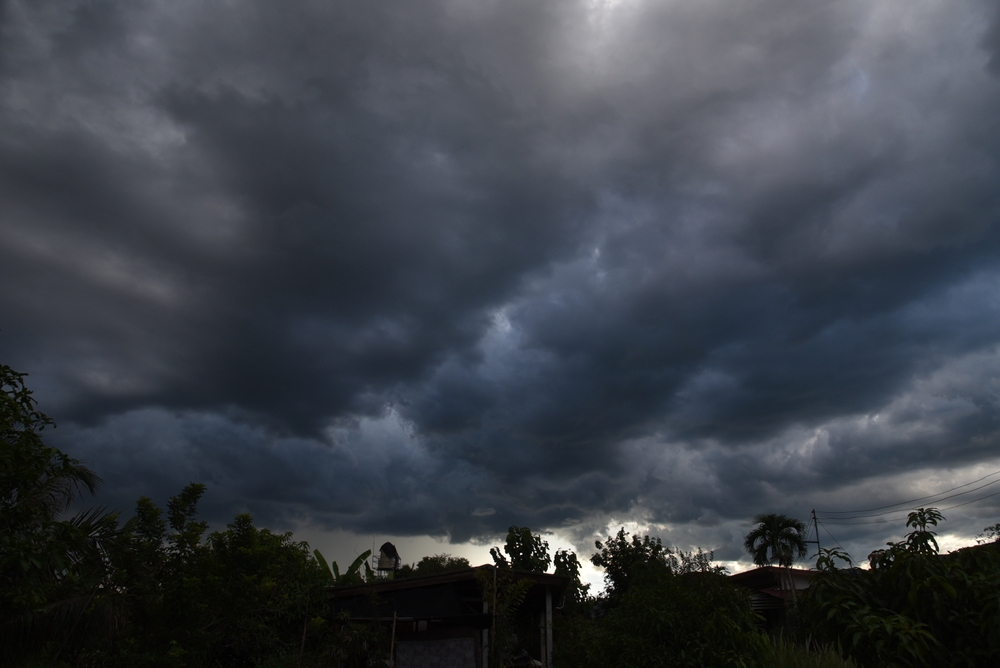
Individuals can make a difference. Simple measures, like covering windows at night or using motion-sensor lights, can reduce unnecessary illumination.
Organizations that promote dark skies provide detailed guidelines for households and communities. Public awareness is crucial.
Also read
People need to understand that reducing light pollution protects both our health and the environment.
A Lot More to Do
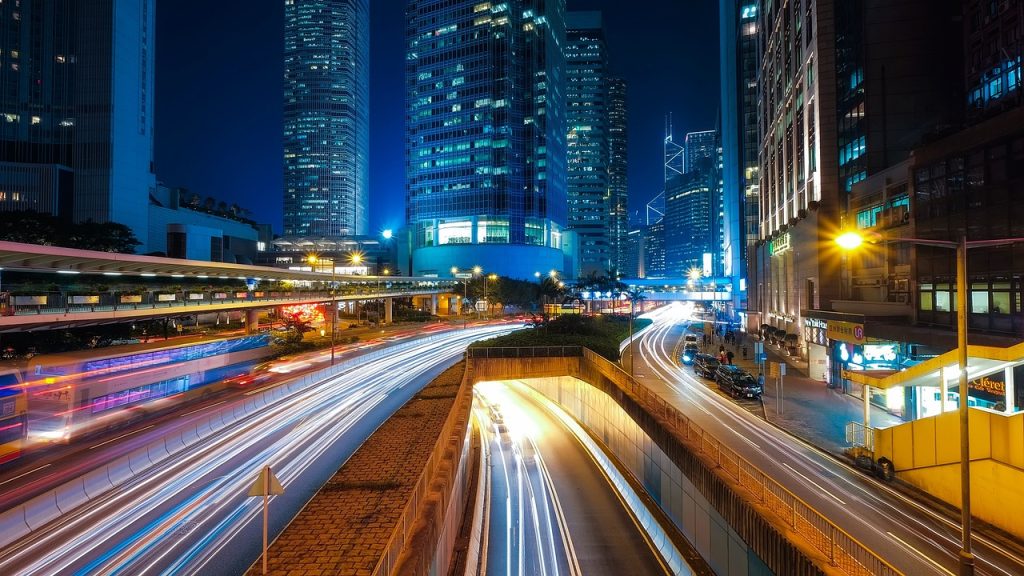
Addressing this issue requires action at many levels. Governments, businesses, and citizens all have a role to play.
By using artificial light responsibly, we can preserve natural night conditions, save energy, and protect wildlife. Night should be dark enough for humans, animals, and plants to thrive.

